Arise The Dead II:
World War Two
MIROLAND IMPRINT 15
Guernica Editions Inc. acknowledges the support of the Canada Council for the Arts and the Ontario Arts Council. The Ontario Arts Council is an agency of the Government of Ontario.
We acknowledge the financial support of the Government of Canada.
A family memoir
Arise The Dead II:
World War Two
Elizabeth Langridge
MIROLAND (GUERNICA)
TORONTO BUFFALO LANCASTER (U.K.)
2018
Copyright 2018, Betty Cullen (writing as Elizabeth Langridge) and Guernica Editions Inc.
All rights reserved. The use of any part of this publication, reproduced, transmitted in any form or by any means, electronic, mechanical, photocopying, recording or otherwise stored in a retrieval system, without the prior consent of the publisher is an infringement of the copyright law.
Connie McParland, series editor
Michael Mirolla, editor
David Moratto, cover and interior book design
Cover Images provided by Elizabeth Langridge
Guernica Editions Inc.
1569 Heritage Way, Oakville, ON L6M 2Z7
2250 Military Road, Tonawanda, N.Y. 14150-6000 U.S.A.
www.guernicaeditions.com
Distributors:
University of Toronto Press Distribution,
5201 Dufferin Street, Toronto (ON), Canada M3H 5T8
Gazelle Book Services, White Cross Mills
High Town, Lancaster LA1 4XS U.K.
First edition.
Printed in Canada.
Legal DepositFirst Quarter
Library of Congress Catalog Card Number: 2017955483
Library and Archives Canada Cataloguing in Publication
Langridge, Elizabeth, author
Arise the dead / Elizabeth Langridge.
(MiroLand imprint ; 14-15)
Contents: Book one. The Great War -- Book two. World War Two.
Issued in print and electronic formats.
ISBN 978-1-77183-281-6 (book 1 : softcover). --ISBN 978-1-77183-284-7
(book 2 : softcover). -- ISBN 978-1-77183-282-3 (book 1 : EPUB).
--ISBN 978-1-7183-283-0 (book 1 : Kindle). --ISBN 978-1-77183-284-7
(book 2 : EPUB) .--ISBN 978-1-77183-286-1 (book 2 : Kindle).
1.World War, 1914-1918--Personal narratives. 2. World War,
1939-1945--Personal narratives. 3. Creative nonfiction. I. Title.
I.Series: MiroLand imprint ; 14-15
D640.A2L32 2018 940.3 C2017-906410-X C2017-906411-8

On April 6, 1915, in the face of an imminent attack by the enemy, a young French adjutant, Jacques Pericard, seeing that his comrades in the trench were either dead or wounded, cried out: ARISE THE DEAD!

For James Langridge and May Wigley and all the other 'ordinary' men, women and children who suffered and endured through the two World Wars, whose stories are seldom told.

Prologue
Wraiths Of The Past
No longer does the Menin Road, dreary and squalid, a tragedy of mud, weeds and shell craters, lead to the Western Front. Now it is a trim provincial highway; and sweaty, heavy-laden, sleepy-eyed men are wraiths of the past ...
Leon Wolff
S omeone had placed two wreaths of artificial poppies under the flowering-cherry tree, leaning against the trunk. Long ago, in 1915, the predecessor of the tree, the Lone Tree on trench maps, had stood in the same place on the edge of No-Mans-Land. This tree had been planted in 1992.
That old tree had been destroyed by shell-fire from the German side on the night of September 25th, 1915, at the end of the first day of the Battle of Loos, Pas-de-Calais, north-eastern France. A first aid dug-out of the Queens Own Royal West Kent Regiment nearby had been hit. Near the tree had been the British front line.
The poppies, made of red fabric limp with rain, had black plastic centres and were surrounded by a few green plastic leaves. Lizzie, seventyfive years old, daughter of a soldier, stood and looked at them, as gentle, cold rain fell on her head and shoulders and on two large framed photographs that stood next to the wreaths, black and white pictures taken over one hundred years before. Drops of water eased slowly down the glass, falling into silence. It was May, 2014.
One photograph was of a solitary young man in uniform, the other of a group of four young men, with names attached, almost illegible from damp. They were nameless to Lizzie and the others on the tour of the battlefields, yet still known one hundred years later to those who loved them by reputation, English soldiers of the Great War. We are voyeurs only, unless we remember the tragedy of it, she thought. Someone had been there before her recently to place the photographs and the wreaths, someone whose distant boy had been of the West Kent Regiment, or the East Surreys, the East Kents, or the West Surreys, or perhaps of the Scottish regiments who had been there on the first day of the battle, or the Irish Guards who came up later to the battle front.
A dirt track ran past the tree, the ruts moist with water, turning the soil to a clinging, reddish mud, while all around them crops grew as far as they could see over the vast plain that had been the killing fields. She could see seedling cabbages, wheat and potato plants. For mid-May the weather was unexpectedly cold that day, a change from earlier sunshine that had brought out the summer flowers prematurely, the roses in the cemeteries nearby where the soldiers lay. The sun hid now behind dense cloud that came almost down to the fields. Patchy mist hung over them. Nonetheless, invisible larks twittered above them, a litany connecting her and her companions to the past, drawing them in. They seemed to her to be asserting the power of life, descendants as they all were of the events of long ago, and hinting at the fragility of it.

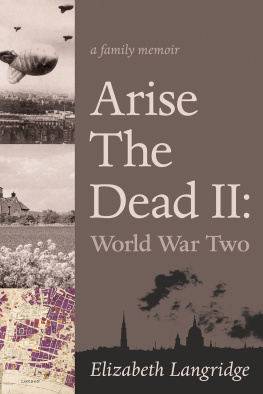
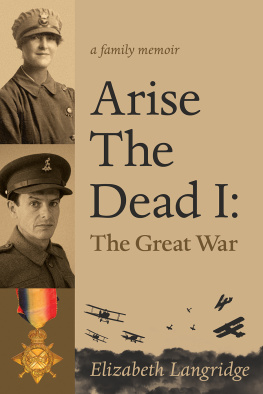

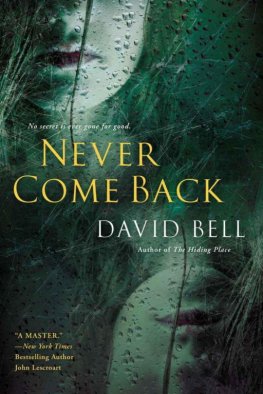
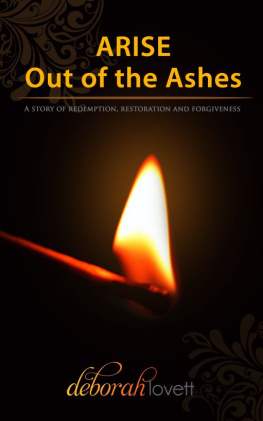


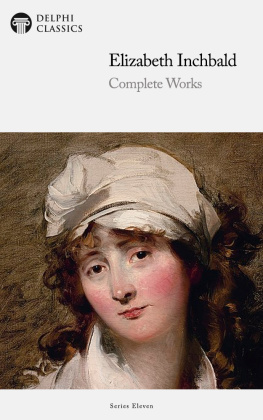

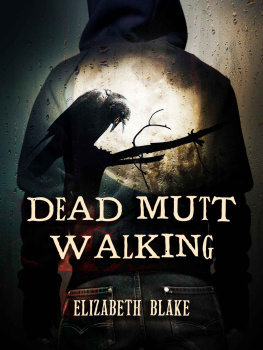

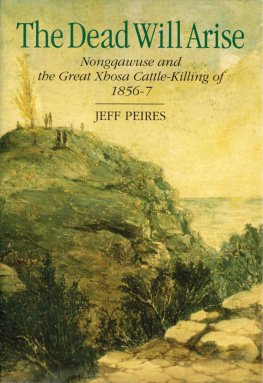








 Prologue
Prologue